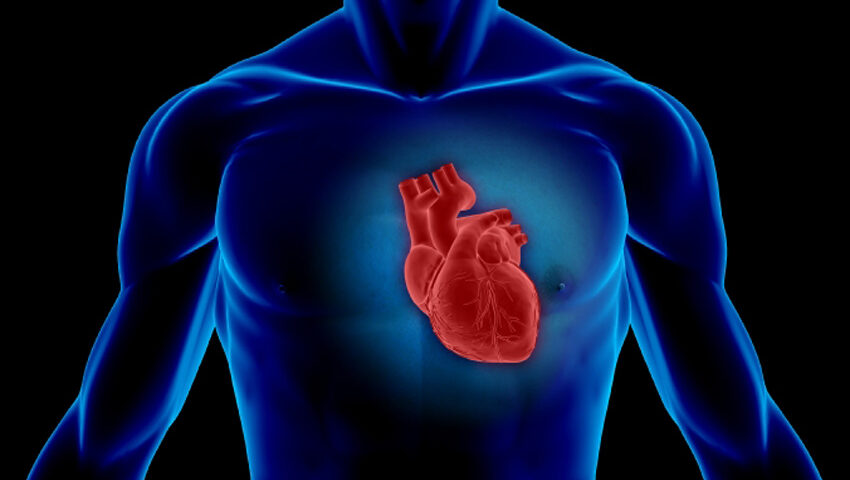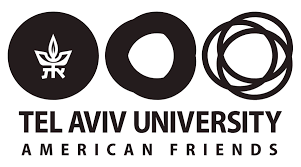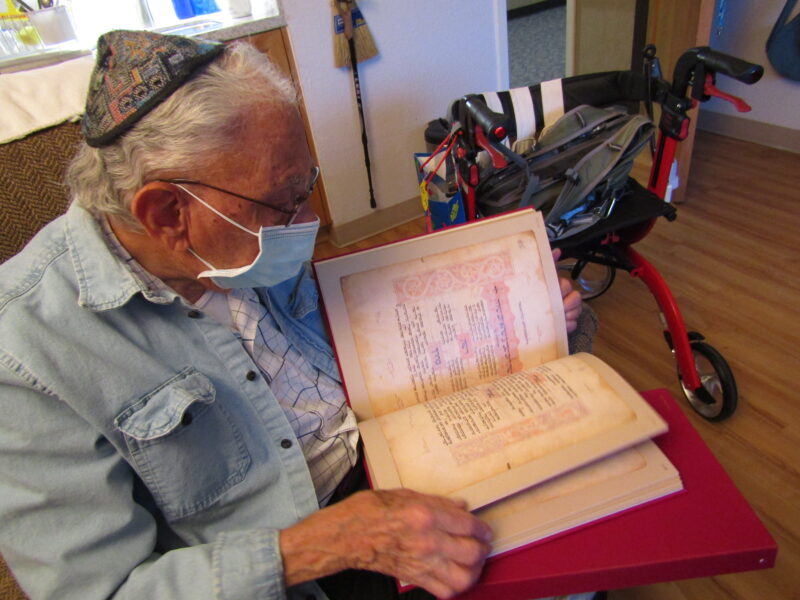Feeling overworked? Try being a heart!
Your heart is under pressure to perform 24 hours a day, seven days a week. And if you are among the one in three adults in the United States living with high blood pressure, you run the risk of your heart “quitting” on you at any time – and you probably don’t even know it.
High blood pressure is virtually symptom-free; the American Heart Association estimates that while more than 78 million people in the United States have high blood pressure, half don’t even know it. Uncontrolled and untreated high blood pressure can lead to stroke, heart attack, heart failure, erectile dysfunction, aneurysm, kidney failure, atherosclerosis (fatty buildup in the arteries) and even blindness.
Blood Pressure
Blood pressure is the force of blood on the walls of the blood vessels as blood flows through them. According to the U.S. Centers for Disease Control, this pressure naturally rises and falls during the day, but when it is consistently too high, it is considered high blood pressure. The medical term is hypertension.
High Blood Pressure
If your blood pressure is closer to 120-139 systolic or 80-89 diastolic, you are considered to have prehypertension. If your blood pressure is 140 systolic or above 90 diastolic, you are considered to have high blood pressure, or hypertension.
While the exact cause of high blood pressure is unknown, the AHA reports the following potential risk factors to developing the condition: Obesity · Inactivity · Smoking · Heavy alcohol use
· High-sodium diet· Stress· Heredity · Race – African-Americans develop high blood pressure at a higher rate than any other race.· Age – Men are more likely to develop high blood pressure after age 35; women are more likely to develop high blood pressure after menopause.
Combating High Blood Pressure
Among the easiest ways to reduce slightly elevated blood pressure or prehypertension:
· Lose weight; Add foods with potassium, magnesium, calcium, lean proteins and fiber to your diet ;Limit foods with sodium, trans-fats and saturated fats in your diet;Limit alcohol consumption and quit smoking and avoiding secondhand smoke
In observance of National High Blood Pressure Education Month in May, Carrington College’s 18 campuses nationwide are attempting to set a Guinness World Record for the most blood pressure tested in an eight-hour period on May 21, 2015. To join in this world record attempt and get your blood pressure checked for free, visit Carrington College’s North Valley, Mesa or West Phoenix campuses on May 21 anytime from 11am to 7pm. No appointment necessary.






